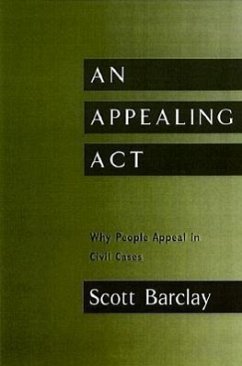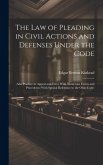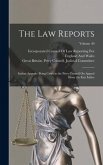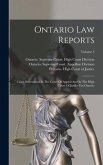What makes people sue? Why do individuals who have lost their cases decide to appeal? In this book, Scott Barclay offers the most detailed and comprehensive description to date of the motives and concerns underlying an individual's decision to appeal in civil litigation. Most previous research into why people initiate court actions, or appeal court decisions, has argued that they do it because they are results driven: they want to obtain a favorable outcome or, in the case of some appeals, an even more favorable outcome. This "self-interested approach" suggests that courts should create financial and resource barriers to restrict trivial appeals. Scott Barclay, however, argues that people are primarily concerned with getting a fair hearing from the court -- winning is secondary. Civil litigants, he writes, decide to appeal their cases if they think they will be able to voice issues neglected at the lower court trial, even if they expect that the appeals court will not decide the case in their favor. Barclay describes in meticulous but engaging fashion the competing assumptions of the outcome-based models and the process-based model. He uses qualitative interviews with litigants at four different locations to "test" the validity of the assumptions of these two models and illustrates how most litigants focus more on process than on outcome in deciding whether to appeal their case. He suggests that contrary to the assumptions of the outcome-based models the entire court experience is a very important consideration in a litigant's decisions to appeal. A fresh perspective that explains many behaviors toward the courts, including non-compliance, violence, and decisions toself-represent, this book is for anyone interested in the United States judicial system.
Hinweis: Dieser Artikel kann nur an eine deutsche Lieferadresse ausgeliefert werden.
Hinweis: Dieser Artikel kann nur an eine deutsche Lieferadresse ausgeliefert werden.




![Ramsay's Appeal Cases [microform]: With Notes and Definitions of the Civil and Criminal Law of the Province of Quebec, Including a Large Number of Dec Ramsay's Appeal Cases [microform]: With Notes and Definitions of the Civil and Criminal Law of the Province of Quebec, Including a Large Number of Dec](https://bilder.buecher.de/produkte/65/65508/65508163m.jpg)



